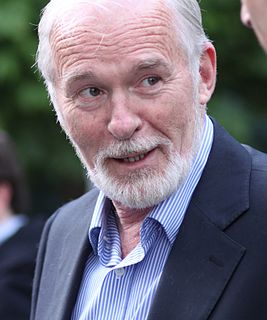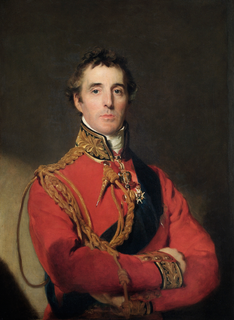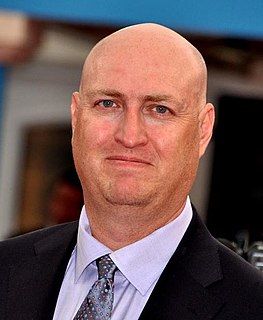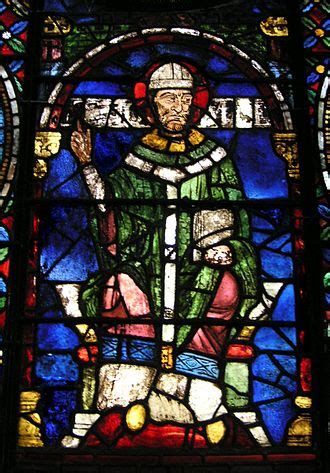A Quote by Nick Laird
If you grew up Protestant in Ireland, of course, at least in the twentieth century, there was always a contingent that would never really consider you Irish. Meanwhile in Britain you'd
never quite be considered British. You fell into a gap in the definitions.
Related Quotes
'A Naval History of Britain' which begins in the 7th century has to explain what it means by Britain. My meaning is simply the British Isles as a whole, but not any particular nation or state or our own day... 'Britain' is not a perfect word for this purpose, but 'Britain and Ireland' would be both cumbersome and misleading, implying an equality of treatment which is not possible. Ireland and the Irish figure often in this book, but Irish naval history, in the sense of the history of Irish fleets, is largely a history of what might have been rather than what actually happened.
British rule depends upon repression and collaboration and the Irish people should recognise that those who collaborate with Britain in exchange for a slice of the cake will implement British policy and remain silent when Irish people are murdered and oppressed. It is they who are responsible for prolonging the war in Ireland. Without the quislings, without the collaborators, we would already have reached freedom.
One of the problems that comes up time and time again seems to be this notion of being 'pure' Irish. If you are Protestant, born in the Northern part of the island and deeply into the Protestant tradition, that somehow does not make you a legitimate Irish person. Yet there is a huge British influence in parts of the South.
When my family moved from Ireland in the 70s, Britain was such a difficult place to be Irish. It was a decade of real social and economic upheaval in Britain. There were strikes, the three-day week, the oil crises, huge inflation, the winter of discontent and, what was it, four Prime Ministers? And relations between Britain and Ireland at that time were at an all-time low. I was born in the year of Bloody Sunday and of course the pub bombings happened in the mid-1970s.
From my earliest youth I have regarded the connection between Ireland and Great Britain as the curse of the Irish nation, and felt convinced, that while it lasted, this country would never be free or happy. In consequence, I determined to apply all the powers which my individual efforts could move, in order to separate the two countries.






































